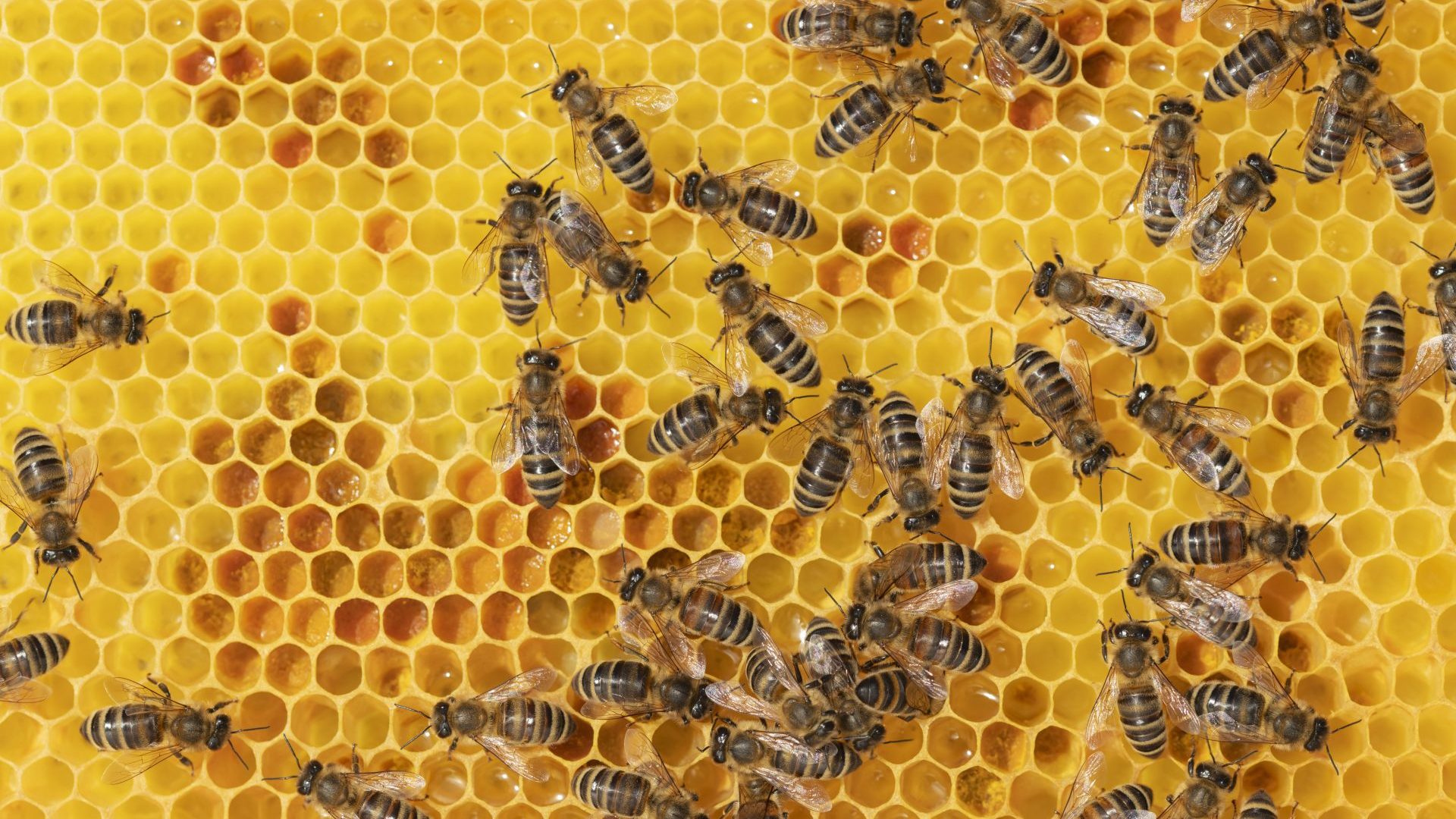Have you heard about the B-word virus? The six-letter word coined to describe Britain’s exit from the European Union is now so laden with toxicity that seemingly even uttering it in public can be fatal.
Which is why there was no mention of you-know-what in Jeremy Hunt’s 65-minute, 7,260-word Budget speech, even in a section where he enumerated the troubles faced by the British economy over the past few years (“a financial crisis, a pandemic and an energy shock caused by war in Europe” – and nothing else, apparently).
We can’t, therefore, talk about one particular B. But what about Bs – or rather bees – in general? It turns out that the government has gone against the advice of its scientists by approving, for the fourth year in a row, the use of the pesticide thiamethoxam, which is effective in stopping aphids from spreading a virus that damages sugar beet crops.
There’s one small side-effect, however – one teaspoon of the chemical is enough to kill 1.25 billion honeybees. Which is why it’s currently banned in the EU, but not in B-word Britain.
This news comes in the same week that it was revealed three things are actually booming in post-B-word Britain – the food poisoning-linked illnesses salmonella, e coli and campylobacter. Their mysterious reemergence has come after a weakening of standards in import checks since Britain left the EU.
All this, then, is more evidence that one of the reasons some wanted to unhook the UK from Brussels was so we could then lower environmental standards and make food cheaper. What wasn’t mentioned was the high cost elsewhere.
But who needs bees and a settled stomach when you’ve got the B-word?










